Recent advances in neuroscience have led to the development of a groundbreaking computational “aging clock” that measures the biological age of brain cells. This innovative tool, introduced on 2025-07-23 00:52:00, aims to identify compounds that can rejuvenate aging brain cells and combat neurodegenerative diseases.
- Computational aging clock measures brain cell age
- Identified 453 compounds for cellular rejuvenation
- Animal tests showed improved behavior and cognition
- Neurodegeneration linked to increased biological age
- Promising therapies for aging brain health
- Future research needed for efficacy validation
By analyzing gene activity from both healthy and diseased brain tissues, researchers pinpointed 453 potential interventions that could reverse cellular aging. Initial tests in older mice showed promising results, including improvements in behavior and cognition, paving the way for future therapies aimed at enhancing brain health in our aging population.
How can we effectively combat age-related brain decline? This research highlights the potential of machine learning in identifying rejuvenating compounds. As we age, maintaining cognitive function becomes crucial.
- Consider a diet rich in antioxidants to support brain health.
- Engage in regular physical and mental exercises to enhance cognitive function.
- Stay socially active to reduce feelings of isolation and depression.
- Consult healthcare providers about the latest advances in neuroprotective therapies.
With ongoing research, we may soon have effective interventions to promote brain health and longevity. Staying informed about these developments could empower individuals to take proactive steps for their cognitive well-being.



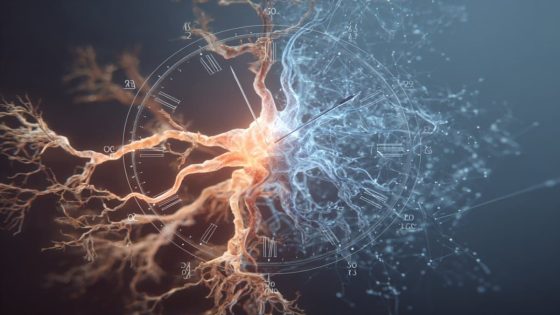

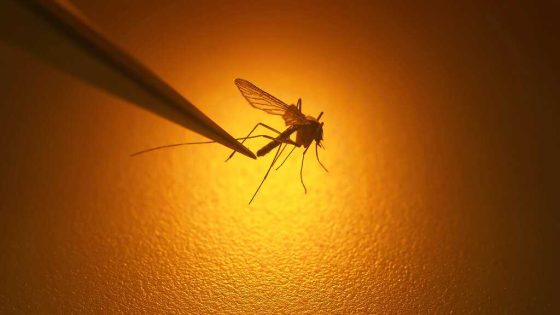


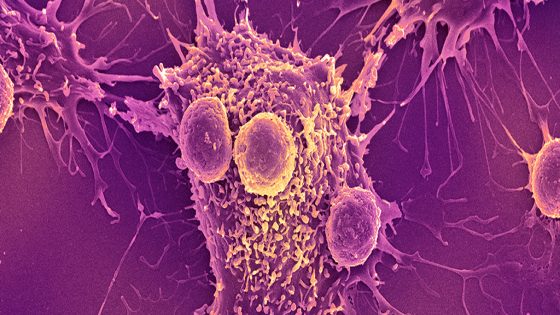
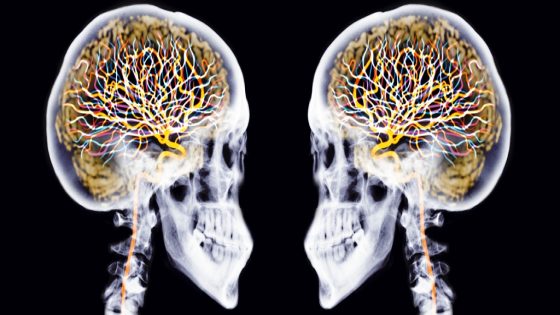

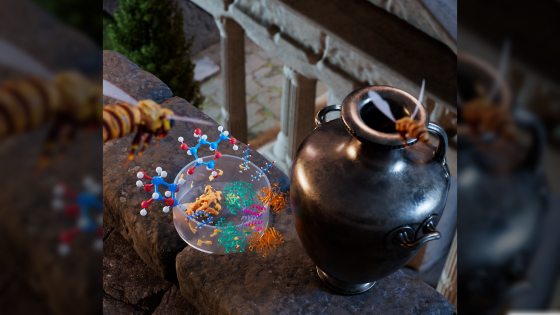





![[Adobe Stock]](https://news.faharas.net/wp-content/uploads/2025/07/Ketogenic-Diet-Boosts-Brain-Blood-Flow-by-22-and-BDNF-230x129.jpg)














